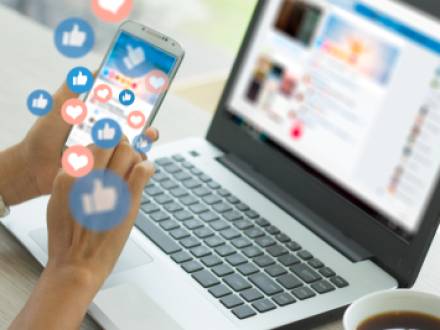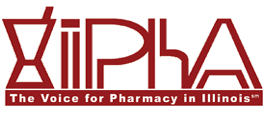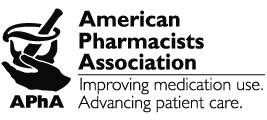Can My Social Media Activity Affect My Psychology License?
 Social media is used so often that many see it as routine. According to some estimates, the average user spends two hours and 31 minutes on social media a day. It is a public space where billions of people around the world go to share their personal and professional lives, thoughts, ideas, and more.
Social media is used so often that many see it as routine. According to some estimates, the average user spends two hours and 31 minutes on social media a day. It is a public space where billions of people around the world go to share their personal and professional lives, thoughts, ideas, and more.
That is why social media can be a double-edged sword for clinical psychologists. The more you immerse yourself in online life, the harder it can be to remain vigilant about your activity. It can be difficult to remember that even when posting content to your personal pages you still have professional duties to your patients that can make some of that content problematic.
This article will discuss how social media activity can affect a licensed clinical psychologist (LCP). If you think your license may be in jeopardy, contact an Illinois clinical psychologist license defense attorney to begin building your defense.
Some Content May Be Seen as Privacy Violations
Patient privacy is highly protected in the medical field and remains a cornerstone of clinical psychology. Therapists in Illinois are bound by privacy laws contained in:
- The federal Health Insurance Portability and Accountability Act (HIPPA)
- The Illinois Mental Health and Developmental Disabilities Confidentiality Act
- The Illinois Clinical Psychologist Licensing Act
Therefore, as a clinical psychologist, you should be careful about social media content that can be viewed as violating patient privacy. Posting details about a case, even if you do not identify the patient by name, can still be a privacy violation if it can be used to identify a patient. For example, writing a post about a case involving a recently divorced mother of seven who serves as a school administrator in Skokie can be seen as a breach of patient confidentiality and jeopardize your license.
Other social media activity, such as adding a patient as a friend, following a patient on a social media platform, or tagging a patient may be seen by a patient as a privacy violation and/or harassment.
Some Content Can Be Misleading
Another way your social media activity can affect your license is if you post misleading health information. It has become common among health professionals, particularly during the COVID-19 pandemic, to offer advice on coping with different illnesses.
However, remember that a central side effect of social media is that you do not know who sees your posts. If your content is seen by someone who uses your advice the wrong way, a complaint can be lodged against you for unethical conduct.
Contact an Illinois Clinical Psychology License Defense Attorney
Social media posts can be seen by anyone and saved forever. If you have posted content that triggers a complaint, the Illinois Clinical Psychologists Licensing and Disciplinary Board can take several disciplinary actions against you even if your license is not revoked. At The Law Offices of Joseph J. Bogdan, Inc., we provide strong and unparalleled legal representation by attorneys who will aggressively defend your license. Schedule a free consultation with an Illinois clinical psychology license defense lawyer by calling 630-310-1267 today.














